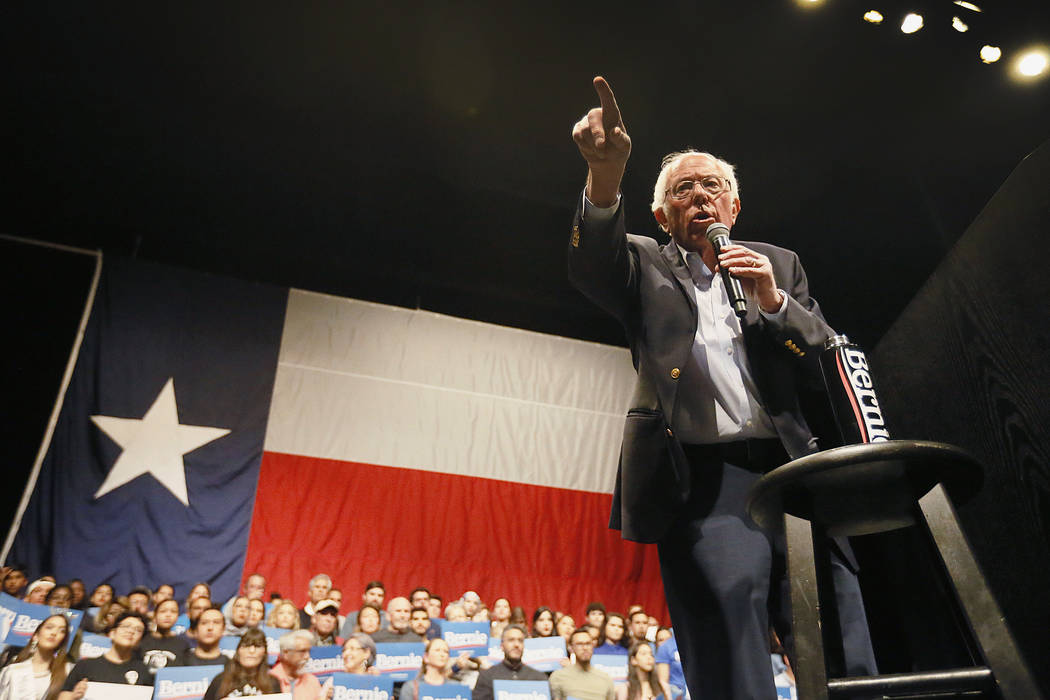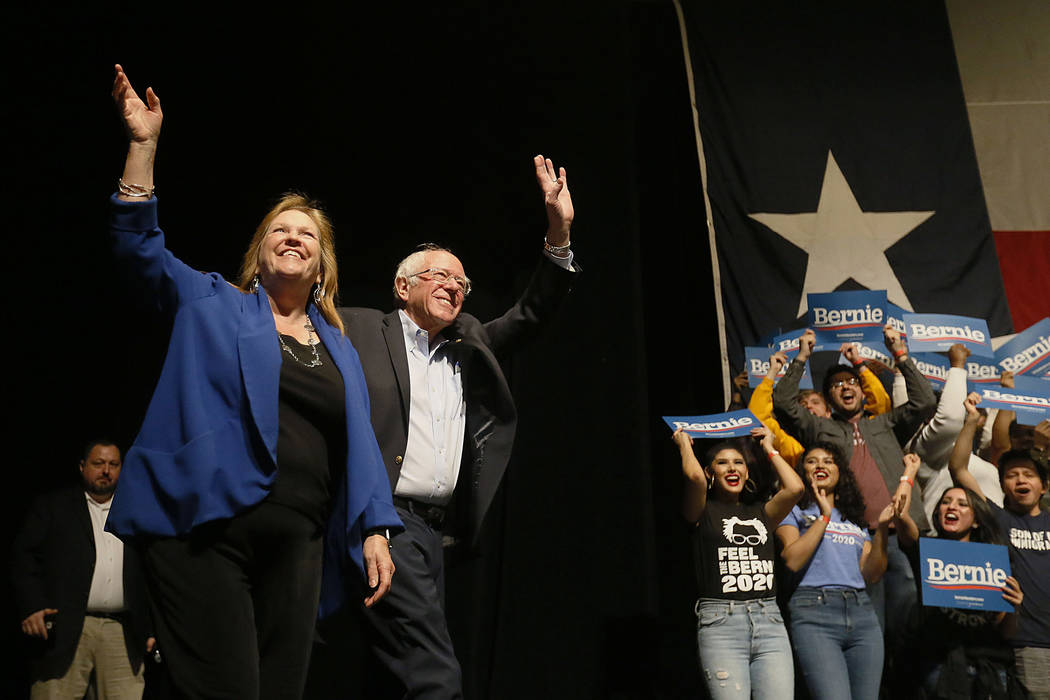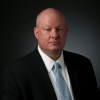Nevada’s caucuses see big turnout
More than 105,000 people participated in the Nevada Democratic presidential caucuses, the second best turnout since Nevada won an early spot on the nominating calendar in 2008.
According to the state Democratic Party, 105,195 people cast ballots in the caucuses on Saturday and over four days of early voting, more than the 84,000 who voted in 2016 but fewer than the 117,000 who participated in 2008.
That turnout represents 17.2 percent of the 610,911 active registered Democrats in the state.
Most caucusgoers — about 75,000 — participated in early voting, rather than on caucus day. There were long lines and lengthy waits, but the party said it signed up 10,000 new Democratic voters during the early voting period.
Final results weren’t posted until Monday, as party officials verified the results.
Vermont Sen. Bernie Sanders was the landslide winner, beating closest rival former Vice President Joe Biden by a more than 2-to-1 margin. Sanders won 6,788 county convention delegates, with Biden running a distant second at 2,927.
Former South Bend, Indiana, Mayor Pete Buttigieg ran third, with 2,073 delegates, followed by Massachusetts Sen. Elizabeth Warren, who won 1,406, and businessman Tom Steyer, who got 682. Minnesota Sen. Amy Klobuchar was sixth, with 603.
Buttigieg’s campaign has alleged that there were errors in counting some early votes and has asked the party to correct them, although party spokeswoman Molly Forgey said the Buttigieg camp can request a recount.
Nevada’s last caucuses?
Meanwhile, there was a growing consensus that Nevada would soon switch from using caucuses to a presidential primary election instead. On Sunday, party elder and former U.S. Sen. Harry Reid declared that the Democratic Party should eliminate all caucuses and use primarily elections going forward.
On Monday, Assemblyman William McCurdy II, who is chairman of the Nevada Democratic Party, issued a statement saying essentially the same thing.
“I’m proud of our thousands of volunteers who worked so hard to make the caucus process run as smoothly as possible and inspired by the grassroots enthusiasm of the tens of thousands of voters who turned out to make their voices heard,” McCurdy said in the statement.
“With all that said, I believe we need to start having a serious conversation ahead of next cycle about the limitations of the caucus process and the rules around it,” the statement continues. “If our goal is to bring as many Nevada Democrats as possible into the fold to select our presidential nominee, it’s time for our state party and elected leaders to look at shifting to a primary process moving forward.”
In addition to McCurdy, state Sen. Yvanna Cancela, D-Las Vegas, said she was interested in exploring new ways to get more voters involved in the process.
Bipartisan support
Cancela wasn’t alone, either. State Sen. Ben Kieckhefer, R-Reno, said a switch is overdue.
“It was time a long time ago,” Kieckhefer said. “I think it will increase participation and provide clear answers over who won, which evidently still seems to be in question or at least who finished in second. It’s (a primary) a clean process, people like it, people understand it. I’m getting nothing but complaints from constituents about the caucus process.”
Republicans elected to forgo a caucus this year and allow the party’s central committee to bind Republican delegates to President Donald Trump instead. Trump faces only token opposition for the GOP nomination.
In 2015, the Republican-controlled Legislature heard a bill that would have switched the state to a primary, but it was defeated because of Democratic opposition. Kieckhefer said questions remain about the idea, including whether the presidential primary should be a standalone election, separate from the regular primary for other state offices, and how the costs of any primary election will be covered.
Assembly Speaker Jason Frierson, D-Las Vegas, said he was interested in exploring the idea of a primary, too. Like Reid, Frierson said he wants to see Nevada move up even earlier on the nominating calendar, perhaps even becoming the first state to vote in the 2024 cycle.
“I think it’s certainly worth advocating for in conjunction with us becoming the first state,” Frierson said. “I think that’s important. We showed that we were able to handle it, and I think we can still be an example. It’s a conversation I look forward to having with our delegation.”
He added: ”Being first, I think that’s got to be part of the conversation.”
Frierson mentioned a common Democratic concern over switching, the potential loss of the party-building advantages of caucuses. But he said recent changes in law may obviate the need for caucuses.
“I think what we’ve done with the caucus historically was designed to increase participation,” he said. “I think we have found new ways to increase participation to where maybe we don’t need that. … Maybe we don’t need the caucus process because we have found other ways to increase participation.”
Any switch in the election calendar would require coordination with the Democratic National Committee and would likely run into opposition from the two earlier states, Iowa and New Hampshire. In fact, New Hampshire has a law that declares its presidential primary must be the first in the nation in any given presidential cycle.
Contact Steve Sebelius at SSebelius@reviewjournal.com or 702-383-0253. Follow @SteveSebelius on Twitter.
RELATED
Buttigieg campaign demands Nevada Democratic Party fix 'errors' in count
5 takeaways from the Nevada Democratic caucuses
A look inside the Nevada caucuses — PHOTOS
Bernie Sanders wins Nevada caucuses, takes national lead
























